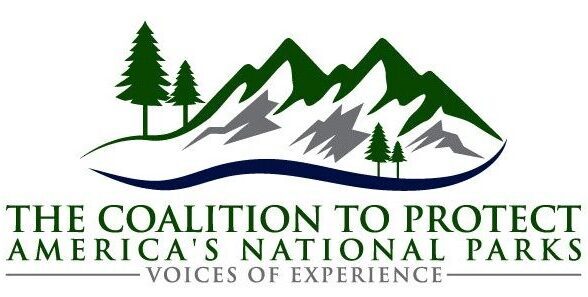
Final Alaska Hunting and Trapping Rule is “Deeply Disappointing”
The National Park Service Limits Bear Baiting but Fails to Protect Alaskan Bear Cubs and Wolf Pups
WASHINGTON – New regulations announced by the National Park Service (NPS) will help protect visitor safety on national parklands in Alaska by limiting bear baiting. However, the new rule fails to protect bear cubs and wolf pups from various sport hunting practices allowed by the State of Alaska, including killing of cubs and pups in dens.
The final rule, which is yet to be published in the Federal Register, prohibits bear baiting on national preserves in Alaska to protect visitor safety. It also states that NPS could limit other types of sport hunting practices, such as killing wolf pups or bears and bear cubs in dens. However, it does not limit those practices at this time. The rule backtracks significantly from a proposed rule published in January 2023, in which the NPS considered prohibiting certain sport hunting practices on national preserves in Alaska that conflict with NPS wildlife management policies.
The final rule prevents bear baiting on national parklands but still allows multiple troubling/problematic sport hunting practices including:
- Killing black bear cubs, and sows with cubs, with artificial light at den sites
- Killing wolves and coyotes (including pups) during the denning season
“We are deeply disappointed that this final rule will allow so-called sport hunting methods that include killing bears and cubs in their dens and killing wolf pups during the denning season,” said Phil Francis, Chair of the Executive Council for the Coalition to Protect America’s National Parks. “Under the NPS Organic Act, the agency has a legal obligation to prioritize conservation of wildlife over use. And while NPS acknowledges that the above hunting practices are not appropriate under NPS management policies, they have decided to allow them to continue anyway, except for bear baiting.”
“Stopping bear baiting in preserves is important for visitor safety and ecological health. The rest of this rule is disappointing,” said National Parks Conservation Association Senior Regional Director Jim Adams. “In its rule, the Park Service recognizes that numerous sport hunting practices conflict with the agency’s mission – yet allows them to continue. The agency has flat out decided not to do its job of protecting parks and park wildlife. NPCA, with our members and supporters, has been at this fight for more than a decade and will continue to speak up for our parklands and the wildlife that inhabit them.”
Of the 54 million acres of national parklands in Alaska, approximately 22 million are managed as national preserves, which allow for activities including fishing and hunting. However, such activities must follow bedrock National Park Service guidelines which prevent hunting methods intended to reduce predator populations.
“The National Park Service has opposed the State’s unsportsmanlike predator hunting practices for many years,” said Jon Jarvis, former superintendent of Wrangell – St. Elias National Park and Preserve and the 18th Director of the NPS. “These methods are in clear conflict with longstanding NPS wildlife conservation policies and mandates and are not appropriate in areas managed for future generations by the NPS. This rule is a major setback for the protection of wildlife diversity in our national preserves of Alaska.”
# # #
Additional Background Information:
In 2015, the NPS created well-reasoned wildlife management rules for national preserves after years of conflict with state of Alaska policies. In Alaska, State-authorized “liberalized” predator hunting strategies aim to reduce bear and wolf populations to allow moose and caribou populations to increase — for greater sport hunting opportunities. Such approaches are at odds with bedrock wildlife management policies for lands managed by the Park Service. After more than a decade of trying to work with the State of Alaska’s Board of Game to no avail, the agency finalized the 2015 regulations to specifically protect bears, wolves, and other wildlife on national preserves from the state’s “liberalized” hunting regulations.
In June 2020, the Trump Administration reversed the 2015 rule, deferring to the state of Alaska’s determination that killing bears and cubs on national preserve lands was appropriate under the State’s intensive management statute. NPCA, the Coalition to Protect America’s National Parks, and other partners challenged the 2020 regulations in court and a Federal District Judge rejected the regulations in September, 2022. This new final rule is the result of the National Park Service’s reexamination of the 2020 rule.
The Coalition to Protect America’s National Parks represents over 2,700 current, former, and retired employees, and volunteers of the National Park Service, with over 45,000 collective years of stewardship of America’s most precious natural and cultural resources. Recognized as the Voices of Experience, the Coalition educates, speaks, and acts for the preservation and protection of the National Park System, and mission-related programs of the National Park Service. More information can be found at https://protectnps.org.
About the National Parks Conservation Association: Since 1919, the nonpartisan National Parks Conservation Association has been the leading voice in safeguarding our national parks. NPCA and its more than 1.6 million members and supporters work together to protect and preserve our nation’s most iconic and inspirational places for future generations. For more information, visit https://www.npca.org/.
